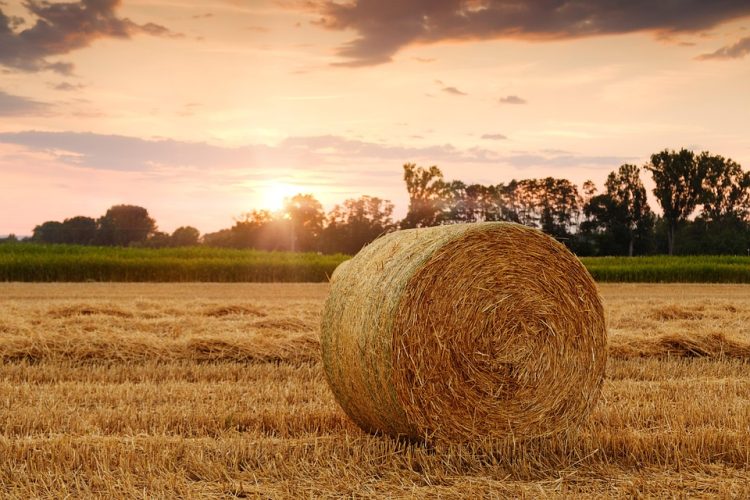Zero Waste 101: A Beginner’s Guide to Living Waste-Free
In today’s world, the concept of zero waste is gaining momentum as more and more people become aware of the environmental impact of our waste. From plastic pollution in our oceans to overflowing landfills, the consequences of our throwaway culture are becoming increasingly evident. If you’re looking to reduce your environmental footprint and live a more sustainable lifestyle, transitioning to a zero waste lifestyle is a great place to start.
What is Zero Waste?
Zero waste is a philosophy that aims to reduce the amount of waste we produce by rethinking our consumption habits and making more environmentally-friendly choices. The goal of zero waste is to send as little waste to the landfill as possible by recycling, reusing, and composting items instead of throwing them away.
By adopting a zero waste lifestyle, you can significantly reduce your carbon footprint and help protect the planet for future generations. While achieving zero waste may seem like a daunting task, it’s important to remember that every small step you take towards reducing your waste counts.
Getting Started with Zero Waste
If you’re new to the concept of zero waste, getting started can feel overwhelming. To help you navigate the world of waste-free living, here are some tips to guide you on your journey:
1. Assess Your Current Waste Habits: The first step in transitioning to a zero waste lifestyle is to take stock of your current waste habits. Start by conducting a waste audit to identify the items you throw away most frequently. This will help you pinpoint areas where you can make changes and reduce your waste.
2. Set Realistic Goals: Going zero waste overnight is not realistic for most people. Instead, set small, achievable goals for yourself to gradually reduce your waste. Whether it’s committing to using reusable shopping bags or reducing your food waste, every small change you make contributes to a more sustainable lifestyle.
3. Invest in Reusable Products: One of the key principles of zero waste living is to minimize single-use items and opt for reusable alternatives instead. Invest in reusable shopping bags, water bottles, coffee cups, and food containers to reduce your reliance on disposable items.
4. Embrace a Minimalist Lifestyle: In a world that glorifies consumerism, embracing a minimalist lifestyle can help you reduce your waste and live more intentionally. Declutter your home, buy only what you need, and focus on quality over quantity to reduce your environmental impact.
5. Compost Your Food Scraps: Food waste is a major contributor to landfill waste and greenhouse gas emissions. By composting your food scraps instead of throwing them away, you can divert organic waste from the landfill and create nutrient-rich soil for your garden.
Common Questions About Zero Waste
As you embark on your zero waste journey, you may have some questions about how to live waste-free. Here are some common questions about zero waste, answered:
1. Is Zero Waste Achievable for Everyone? While achieving zero waste may be challenging for some people, every small change you make towards reducing your waste counts. Whether it’s opting for reusable products, composting your food scraps, or shopping package-free, there are many ways to reduce your waste and live more sustainably.
2. How Can I Reduce Packaging Waste? Packaging waste is a major contributor to landfill waste and pollution. To reduce your packaging waste, opt for products with minimal or plastic-free packaging, shop in bulk whenever possible, and bring your own containers to refill items like grains, nuts, and spices.
3. What Should I Do with Items I No Longer Need? Instead of throwing away items you no longer need, consider donating them to charity, selling them online, or giving them to friends or family members. This way, you can extend the life of the item and prevent it from ending up in the landfill.
4. How Can I Encourage Others to Live Zero Waste? Leading by example is one of the most effective ways to encourage others to live zero waste. Share your zero waste journey on social media, host a zero waste workshop or clothing swap, and educate your friends and family about the benefits of reducing waste.
Conclusion
Transitioning to a zero waste lifestyle may seem daunting at first, but with small, achievable steps, you can make a significant impact on the environment. By rethinking your consumption habits, investing in reusable products, and embracing a minimalist lifestyle, you can reduce your waste and live more sustainably.
Remember, going zero waste is not about perfection, but progress. Every small change you make towards reducing your waste counts, so don’t be discouraged by setbacks. By taking action today, you can help create a more sustainable future for generations to come.





